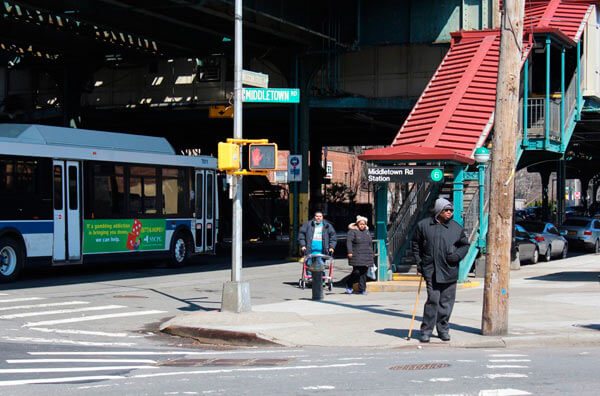Child poverty has been worsening in this country for a decade, to the point where one in five of our children is ensnared by a web of injustice and simple bad luck that diminishes their present and casts a shadow over their future. The causes are so many and varied that no one has been able to develop a corrective strategy that is likely to be implemented, particularly in a time of austerity.
We do not offer a comprehensive plan either – just one, simple, achievable action step that would make a tremendous difference: We should make sure that every child in America has enough diapers to stay clean, dry and healthy.
Our research shows that it is common for low-income families to be unable to buy an adequate supply of diapers for their children. In a recent study published in the journal Pediatrics, we found that nearly 30 percent of low-income mothers could not afford to change their children as frequently as they wished.
The want of something as simple as a package of diapers can keep parents out of the workforce and place babies at enormous risk.
Most child-care providers require parents to supply disposable diapers for their children. A parent who cannot comply with this simple request cannot work or attend job training or other programs designed to help people improve their lot. Temporary Assistance for Needy Families often requires attendance at such programs, so parents risk loss of TANF benefits. Children miss opportunities for early childhood education, and thus the achievement gap widens.
Our research found that mothers who cannot provide enough diapers are more likely to report difficulty with stress management, depression and coping with trauma. These mental health needs were even more pronounced in mothers who had trouble obtaining diapers than in mothers who reported food insecurity. Maternal stress and depression are strongly associated with developmental and health problems in children that can have lifelong effects.
Babies who are left in wet and soiled diapers are likely to get rashes and infections. Furthermore, they cry a lot, a risk factor for shaken baby syndrome and other forms of child abuse.
Though diapers are clearly a necessity, they are not generally categorized as a basic need, the way that food or housing are. As a result, the Supplemental Nutrition Assistance Program (food stamps) and the Women Infants and Children Program do not provide diapers. Community-based diaper banks have sprung up around the country to help families. But there are not enough of these organizations to meet the needs of the 6 million American children under the age of 3 who live in poverty.
Diaper banks often get pushback that poor parents should turn to reusable cloth diapers. Some do, and a number of diaper banks provide a cloth option. But there are significant barriers, including start-up costs and access to washing facilities. We are far less concerned about what type of diapers families use than we are about assuring they have an adequate supply.
On average, diapering a child costs about $18 per week. That is a significant expense for some parents, as it represents more than 6 percent of the gross pay of a minimum-wage worker. But as a social programs go, $18 a week to change a life is an incredible bargain.
We take no position on whether that should be a public or private program, or some combination thereof. We simply think that discussions about basic needs should include all basic needs.
On an individual level, when a baby is obviously in distress, people are quick to ask: Does she need a change?
In America today, millions of babies and toddlers are less comfortable, less safe and less likely to prosper in the long-term because they are sitting in wet, soiled diapers.
They need a change.
Goldblum is the executive director of National Diaper Bank Network and Dr. Smith is professor at Yale University Child Study Center and School for Public Health.




















